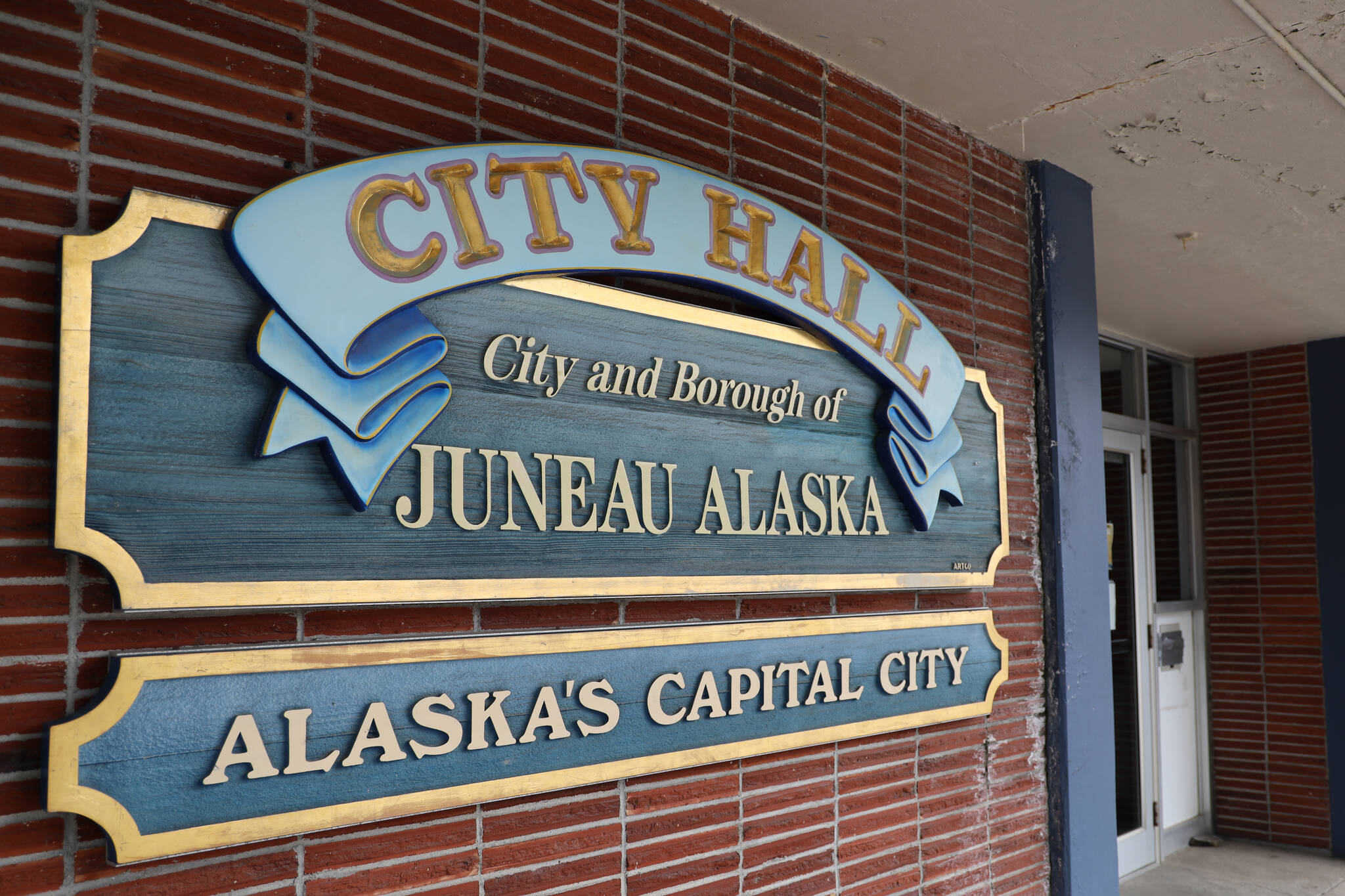The city is giving the highest wage increase in recent memory to its employees, but it might not be enough to retain employees or hire new ones.
At Wednesday evening’s City and Borough of Juneau special Assembly meeting, the Assembly appropriated nearly $4 million toward funding a 5.5% wage increase for all CBJ employees along with a 5% increase to the employer health contribution — one of the largest negotiated increases in recent CBJ history, according to City Manager Rorie Watt.
“It’s pretty unusual,” he said.
The contracts were originally negotiated at the beginning of July for employee Unions Marine Engineers Beneficial Associations and Public Safety Employees Association, and negotiated in late November for the International Association of Fire Fighters employee union. Along with the unions, all unrepresented employees of the city received economic terms in parallel to the union’s labor contracts.
The Wednesday night appropriation of the nearly $4 million in funding will go toward covering the increase that has already gone into place for city employees, along with funding a 15% increase in salaries for all municipal attorneys.
According to Watt, CBJ municipal attorneys received a larger wage increase compared to other city employees in response to a decision in the last legislative session that raised Alaska state attorney pay by 15%, therefore Watt said CBJ increased its attorney wage to match that to remain competitive.
Watt said though this year’s wage increase is one of the largest negotiated increases in recent CBJ history and was due in part because of the recent spike in inflation, he said it doesn’t necessarily fix a nearly two decade-long issue of employee retention concerns for the city.
As of Wednesday, the city has 32 open employment positions — some with multiple vacancies — including seven vacant positions for police officers, two bus drivers positions and three engineer/architects positions, according to the CBJ website.
“We have more job openings than we historically ever have,” Watt said. “We’re going to have to work on figuring out how we’re going to do more from a recruitment standpoint.”
Watt said the city hiring problems first became an issue back in 2005 when legislation was passed that made Alaska the second state to switch from its defined benefit plan, more commonly known as a pension plan, to a 401(k)-style defined contribution retirement plan for teachers and for public employees.
The switch — which was generally supported by Republican legislators and opposed by Democrats — was largely pushed by lawmakers who were concerned with the underfunding of the state’s previous defined benefit plan which offered guaranteed retirement benefits for government employees with payouts that were considered an employee’s salary, age and length of service.
“We need to have competitive wages or we’re going to lose people to the private sector,” Watt said.
He said the change can essentially allow employees in city positions to leave their positions at any time to private counterparts and still continue to maintain their defined contribution plan, instead of the previous plan which offered benefits built over time, which Watt said he thinks encouraged employee retention.
“The average tenure of municipal employees is getting shorter and shorter,” Watt said.
He said for now, the city has to look at alternative ways to retain employees for a long-term period to provide stable services to the residents of Juneau and said there are plans in the works for January 2023 to discuss this issue with the Assembly members in an effort to find solutions.
• Contact reporter Clarise Larson at clarise.larson@juneauempire.com or (651)-528-1807. Follow her on Twitter at @clariselarson.

